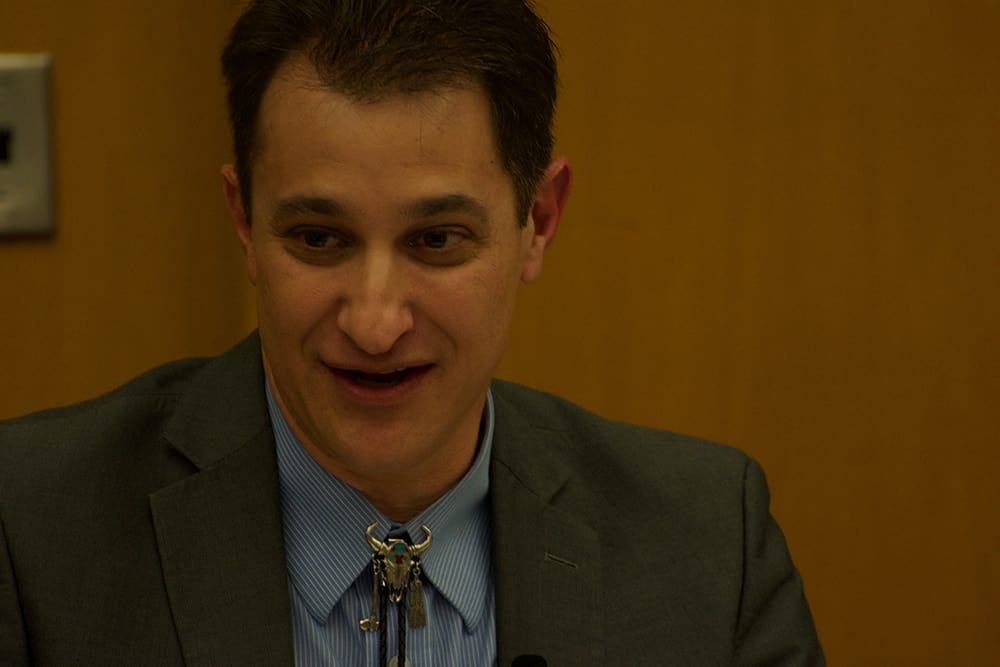


Since 2003, the amount of money the state of Idaho receives from the federal government has more than doubled, from $1.2 billion to $2.6 billion beginning this summer. We are, without question, a state heading for a fiscal crisis, increasingly dependent on federal debt money, which doesn’t really exist.
A day of reckoning for state governments is coming, and everyone will be impacted. Public schools, programs for the poor and the elderly, the criminal justice system, and arts and culture programs all depend on hundreds of federal grants. When that money stops flowing, people, programs and agencies that have become dependent on Washington, D.C. cash will be in trouble. They aren’t prepared to do without money from the feds
State lawmakers and the governor have a critical role to play in this discussion. Gov. Butch Otter signed a bill in 2015 which has become a model for other states. The law directs agencies to shine a spotlight on the grants received from the federal government so lawmakers will be prepared for the next government shutdown or the next proposal that slices aid to states.
However, this state’s lawmakers have yet to do the heavy lifting and reject federal money, or at least replace federal grants with money from the state general fund, which is very much in the black. In fact, last winter the Legislature did the complete opposite; it voted to increase the state’s reliance on the federal government by 7.5 percent, the largest percentage increase since 2010.
Some legislative candidates are talking about this federal dependency. Some want states to join together to pass a Balanced Budget Amendment to the U.S. Constitution. Some want Idaho to start reducing its reliance on federal dollars. Others believe it’s wrong to reject federal money; they think state officials should do their level best to bring as much taxpayer money back home as possible, even if it means fleecing relatives and strangers in other states.
The issue recently came up in Coeur d’Alene, where District 4 Rep. Luke Malek is facing Art Macomber in the May 17 primary. Macomber has been telling local civic groups and voters that the state should wean itself off federal support. Macomber repeated that sentiment in a story published in the Spokesman-Review. Pressed by a reporter about the idea of rejecting money paid to the federal government by taxpayers, Macomber responded, “The money’s not really there. It’s fake money. It doesn’t exist. It’s debt for our grandkids.”
Malek, the incumbent, disputed Macomber’s position. Malek’s response, “Tell somebody who paid their federal taxes on April 15 that’s not real money going out the door. I think he has no idea what kind of tax burden it would cause Idahoans to let the rest of the country have the tax dollars that they pay into the federal system. … It’s completely unrealistic.”
The fact is: The federal government is broke. The national debt, as of today, is $19.2 trillion -- $59,568 per citizen -- and climbing. Because we-the-living are not likely to pay that bill, the federal debt IOUs that Idaho uses now to pay for various programs will fall on the backs, bank accounts, purses and wallets of future generations.
You know, our kids and grandkids.
A plan to completely eliminate Idaho’s reliance on Washington, D.C. may be unrealistic. On the other hand, doing nothing isn’t a solution.


